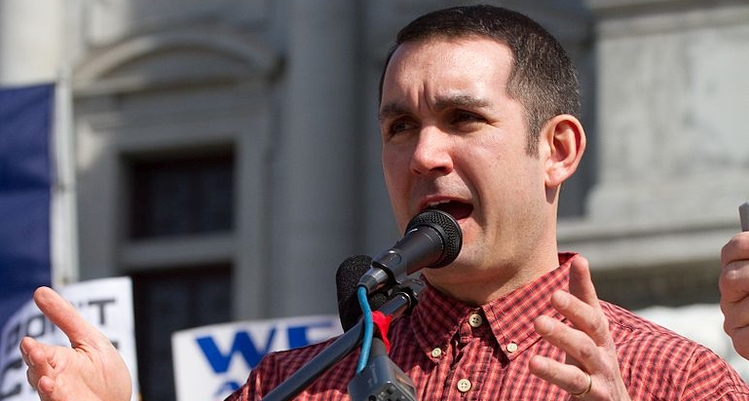In his audit of Pennsylvania’s Gaming Control Board (PGCB), the state’s Auditor General, Eugene DePasquale (D) says that while significant improvements have been made by the commission since his last examination, additional action needs to be taken by the group to reign in unnecessary spending. Expenses paid for board members travel that took advantage of “enhanced” daily expenditures providing them with as much as two-and-a-half times normally allotted to state staffers and employees is DePasquale’s primary concern.
While Pennsylvania Governor Tom Wolf is working for free by foregoing his $190,823 annual paycheck, as much as $177.50 in per diem was collected by PGCB members while crisscrossing the state. DePasquale said, more than the money, the issue was about the publics perceptions of “a highly paid board, who are statutorily charged with protecting the public’s interest, being allowed preferential treatment.”
For the job of overseeing the 12 land-based casinos in the state, the seven gaming board members are each paid $145,000, in what DePasquale said is essentially part-time work. The auditor general declared, “The issue is bad public policy plain and simple, not just for the gaming control board, but anywhere such exemptions are permitted.”
Meanwhile, both Wolf and Las Vegas billionaire tycoon Sheldon Adelson have substantial stakes in the Keystone State. Wolf’s campaign for governor centered on repairing the state’s economic problems and overhauling the struggling education system, and now he’s got his sights set on the casino industry to help pay for the expanding funding. Adelson and his Sands Bethlehem casino are among those the governor is looking at to help cushion the state’s $2 billion deficit, in addition to Wolf’s proposal to implement a $1 tax on every pack of cigarettes sold. A little over a week ago Governor Wolf unveiled his budget plans for the 2016-2017 fiscal year, and suggested that free-play slot promotions have an 8 percent tax imposed.
The secret to the success of the Sands resort, and what makes it by far the most lucrative gambling destination in Pennsylvania, is enticing the state’s residents and those in neighboring states with free slot money cards. In 2015, Sands slot players were dispersed $150 million in free money. Currently, the gaming company doesn’t isn’t required to pay taxes on those promotional funds. Each week people leave behind approximately $8.5 million in free money, according to The Morning Call, a daily newspaper in the region.
Wolf wants to impose the 8 percent tax on those monies instead of the Sands reducing their liability to the state by issuing the promo cards. If Wolf’s proposal is successful, Adelson’s property would be handing over an additional $12 million annually. According to PGCB spokesman Richard McGarvey, no one comes close to promotional credits of free-play that are offered by the Sands.
Wolf said that while he’s willing to sit down with casino owners, as new sources of revenue need to be uncovered to better fund jobs and schools.



